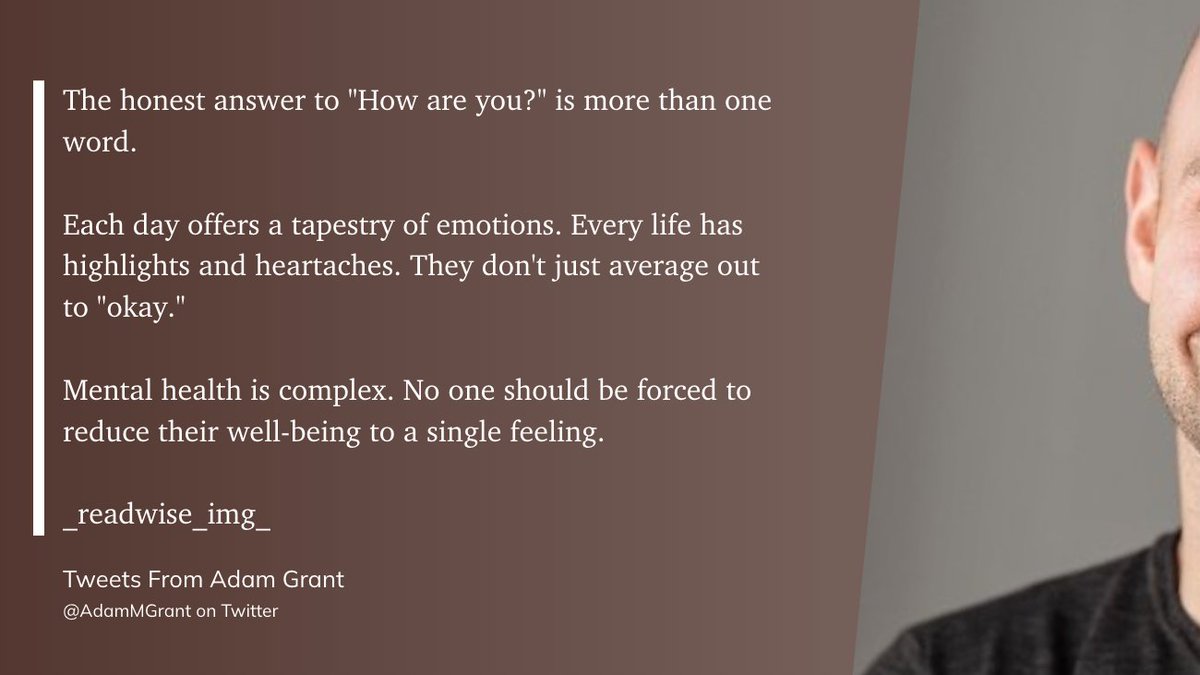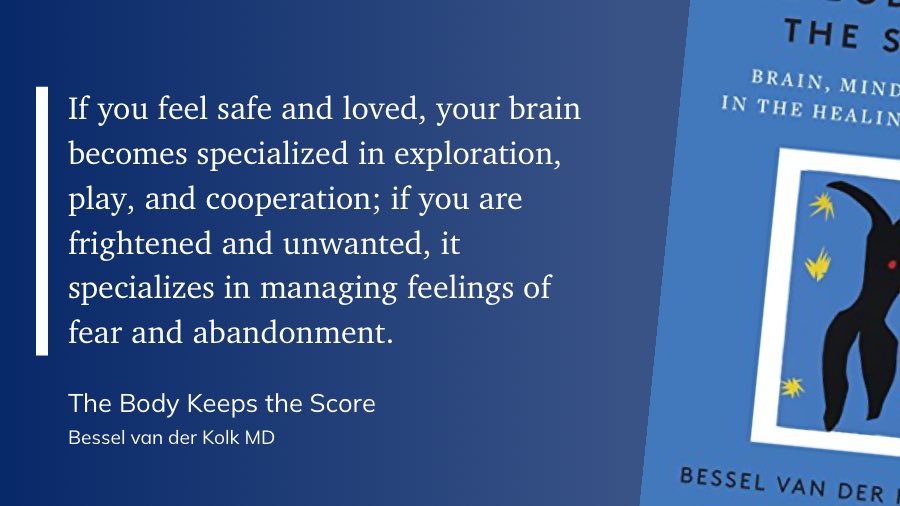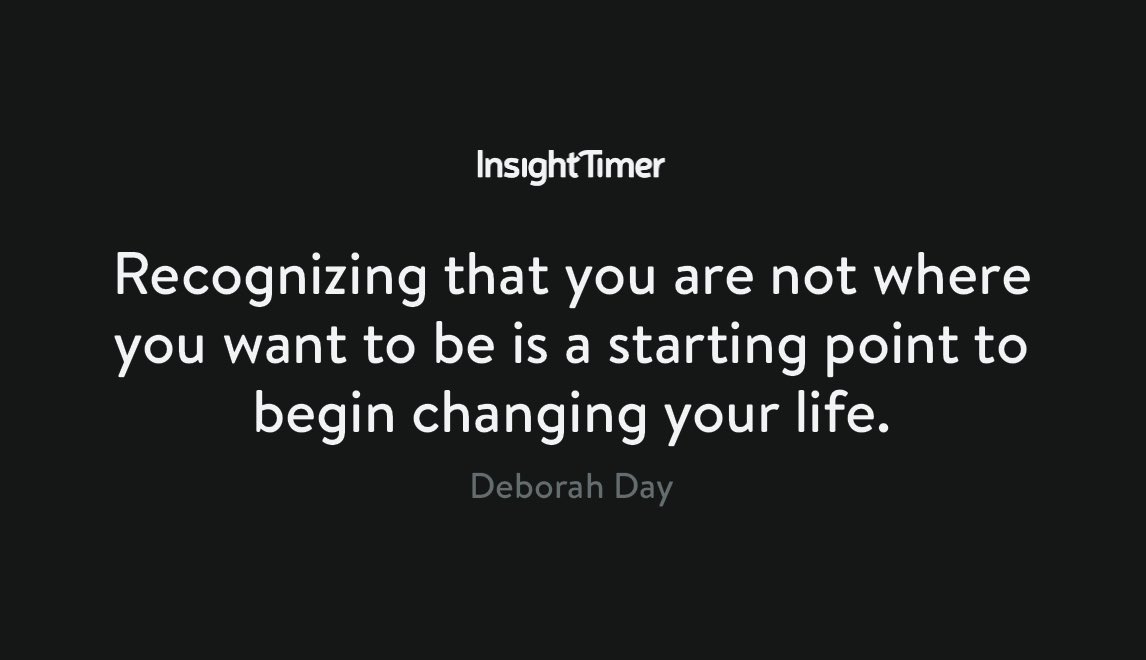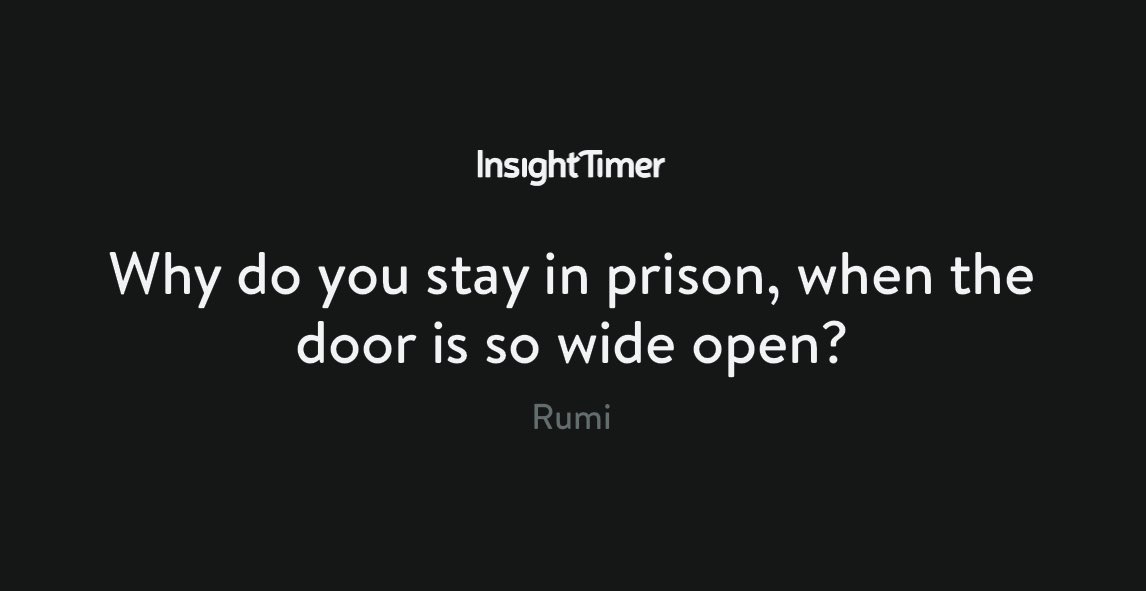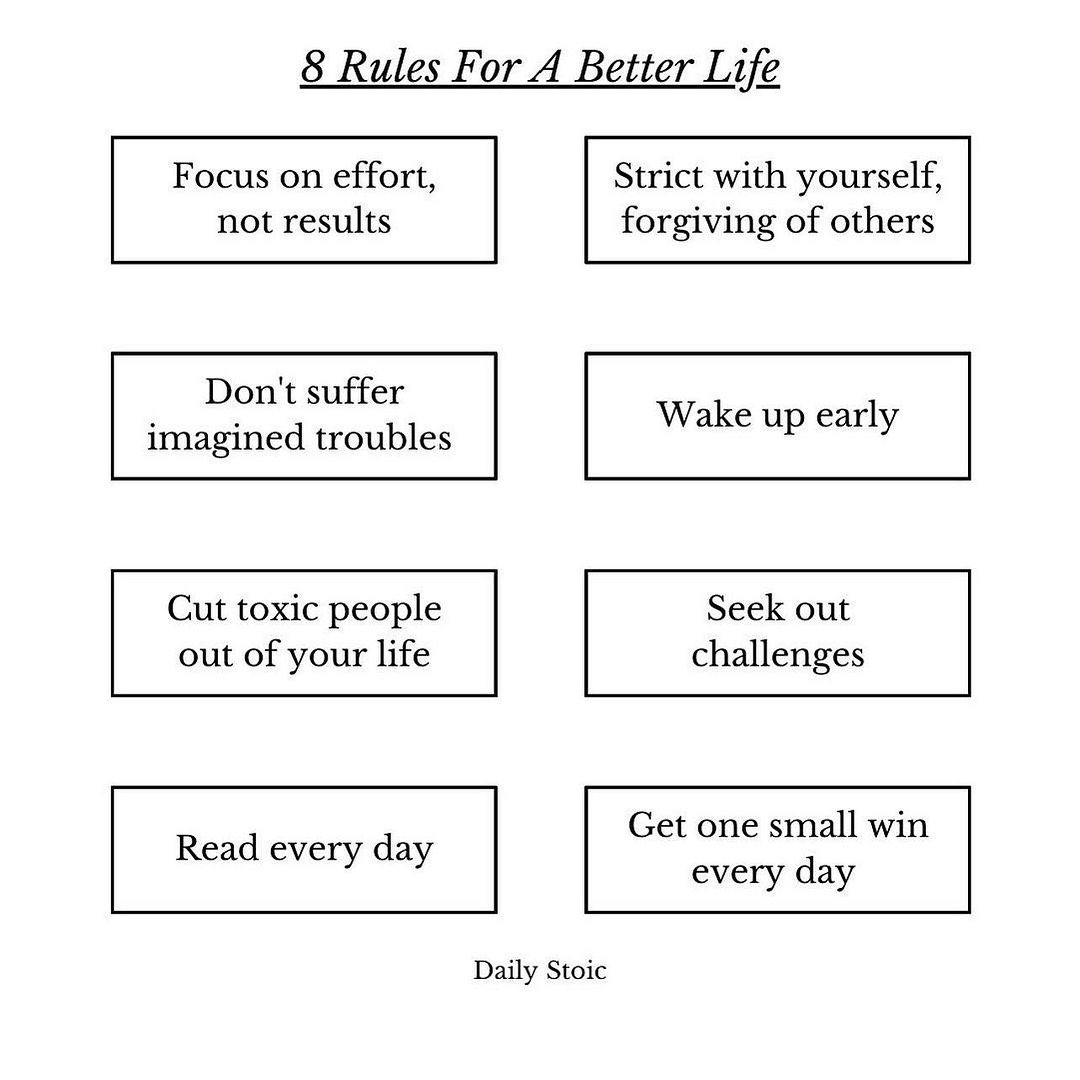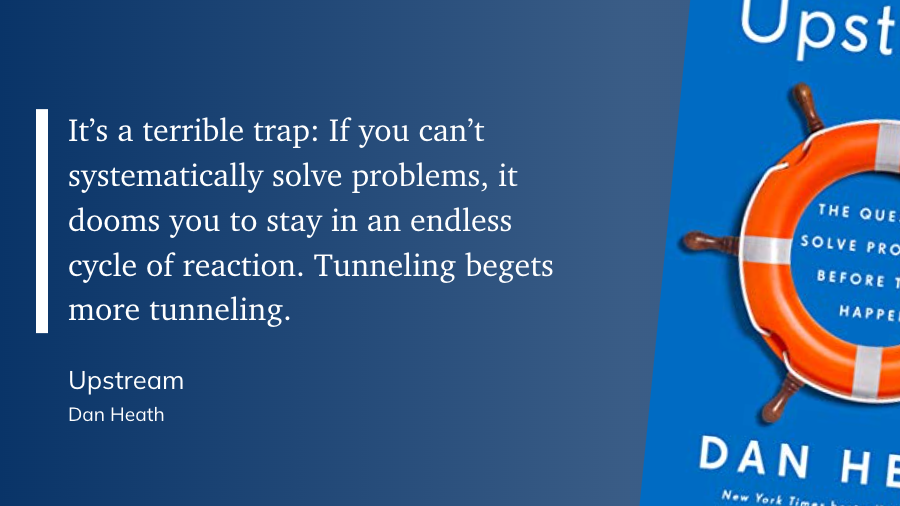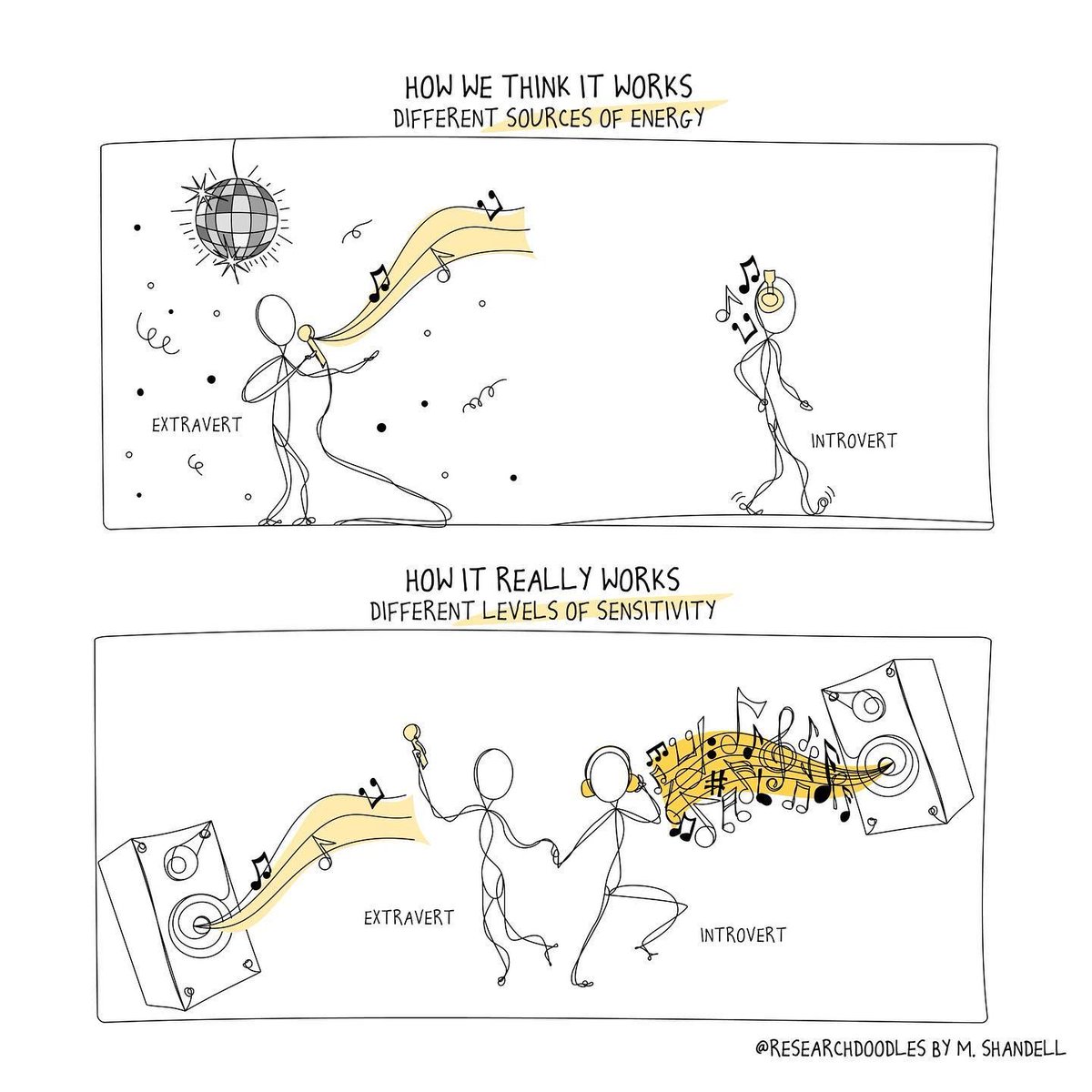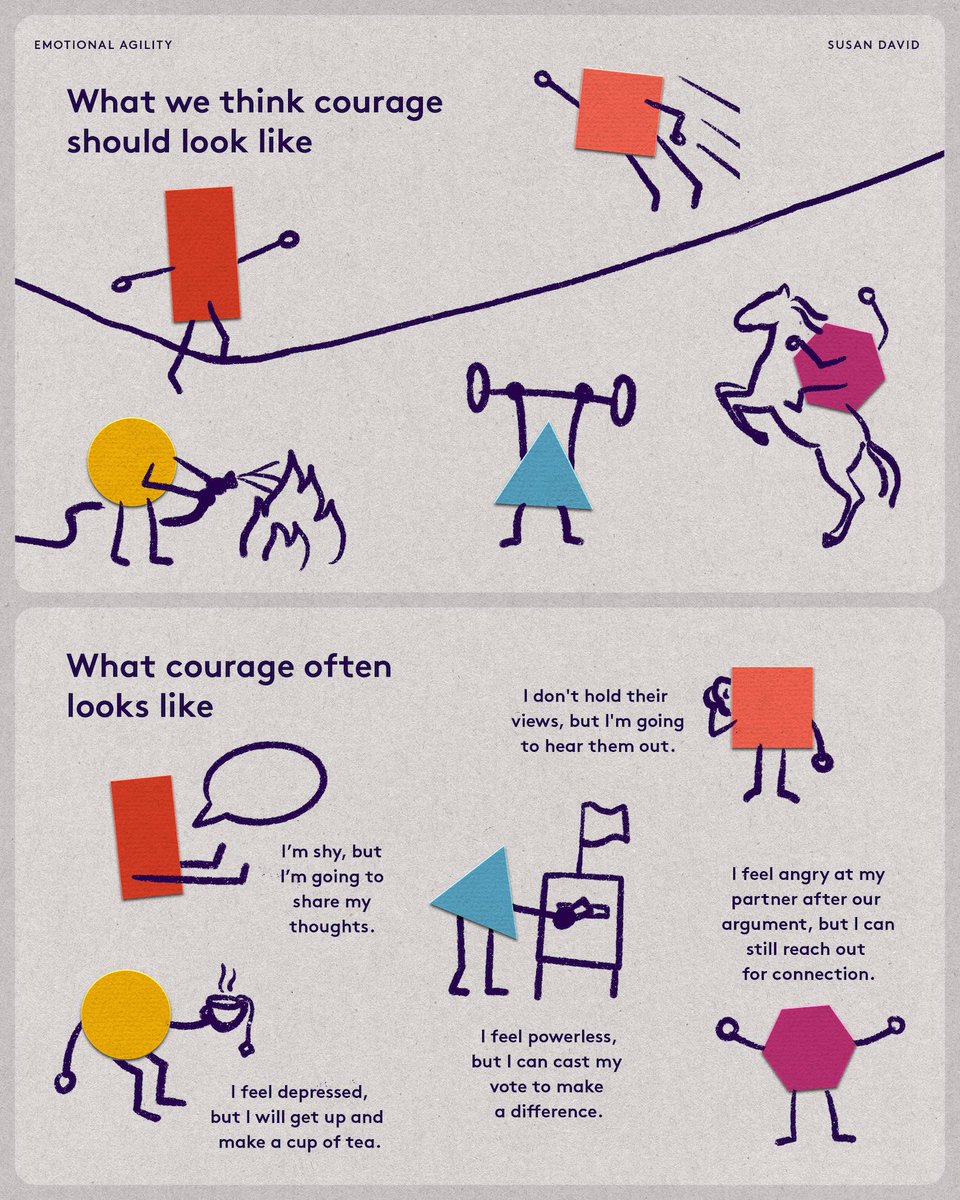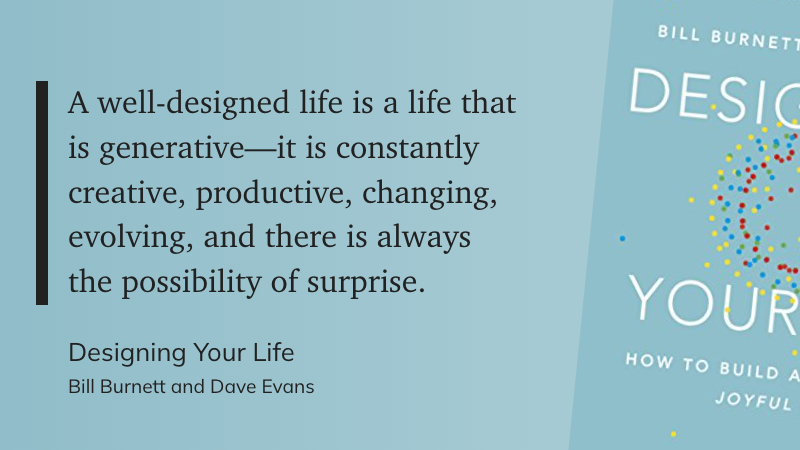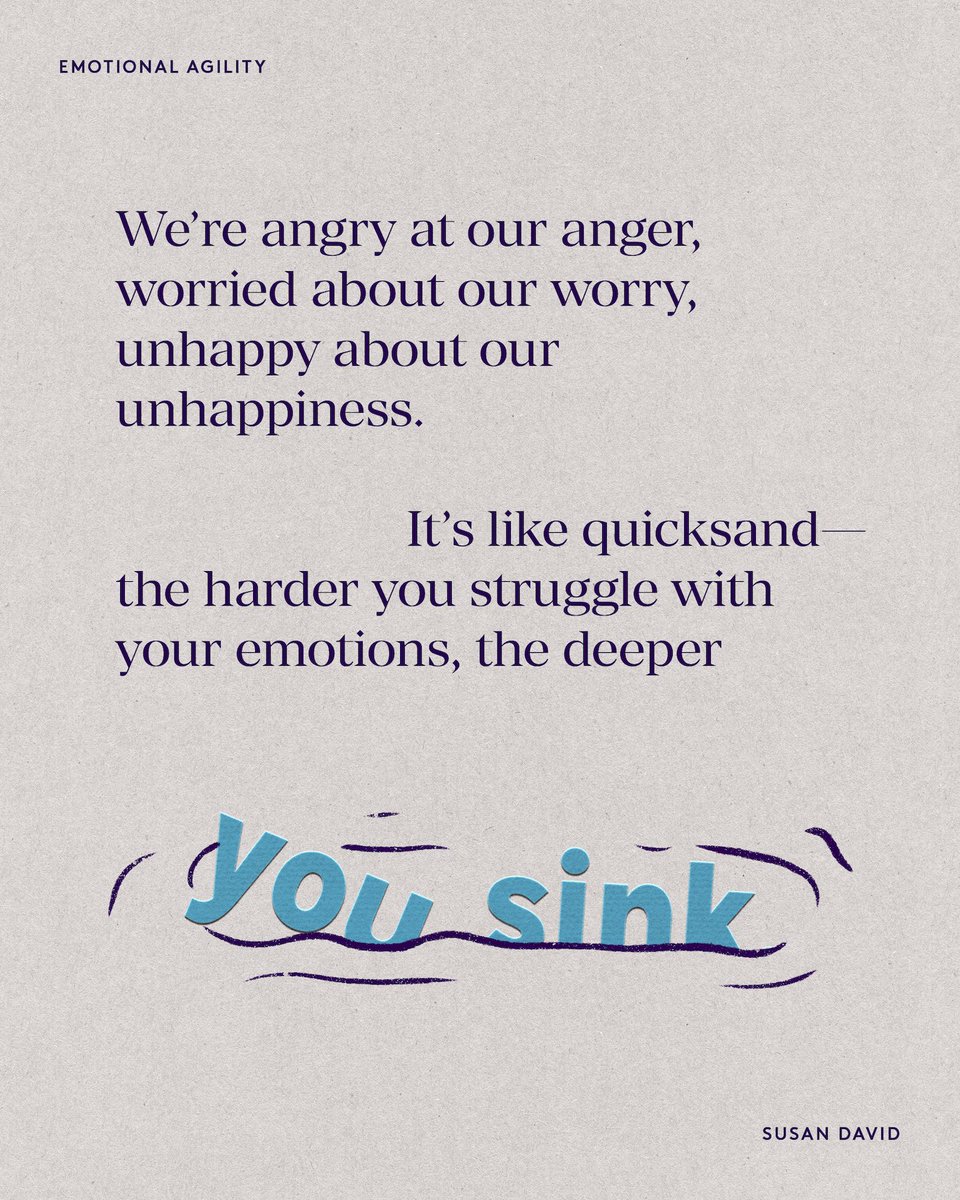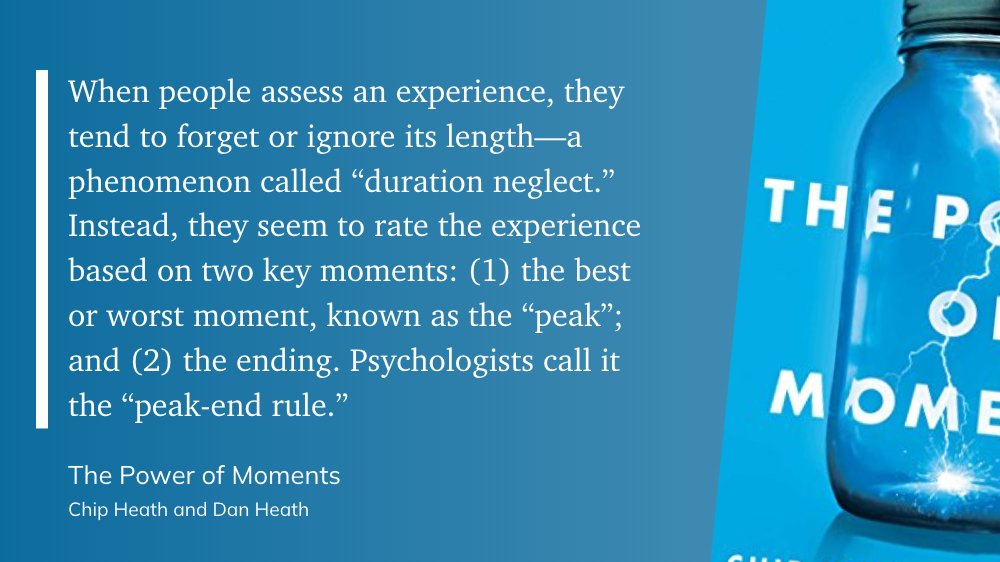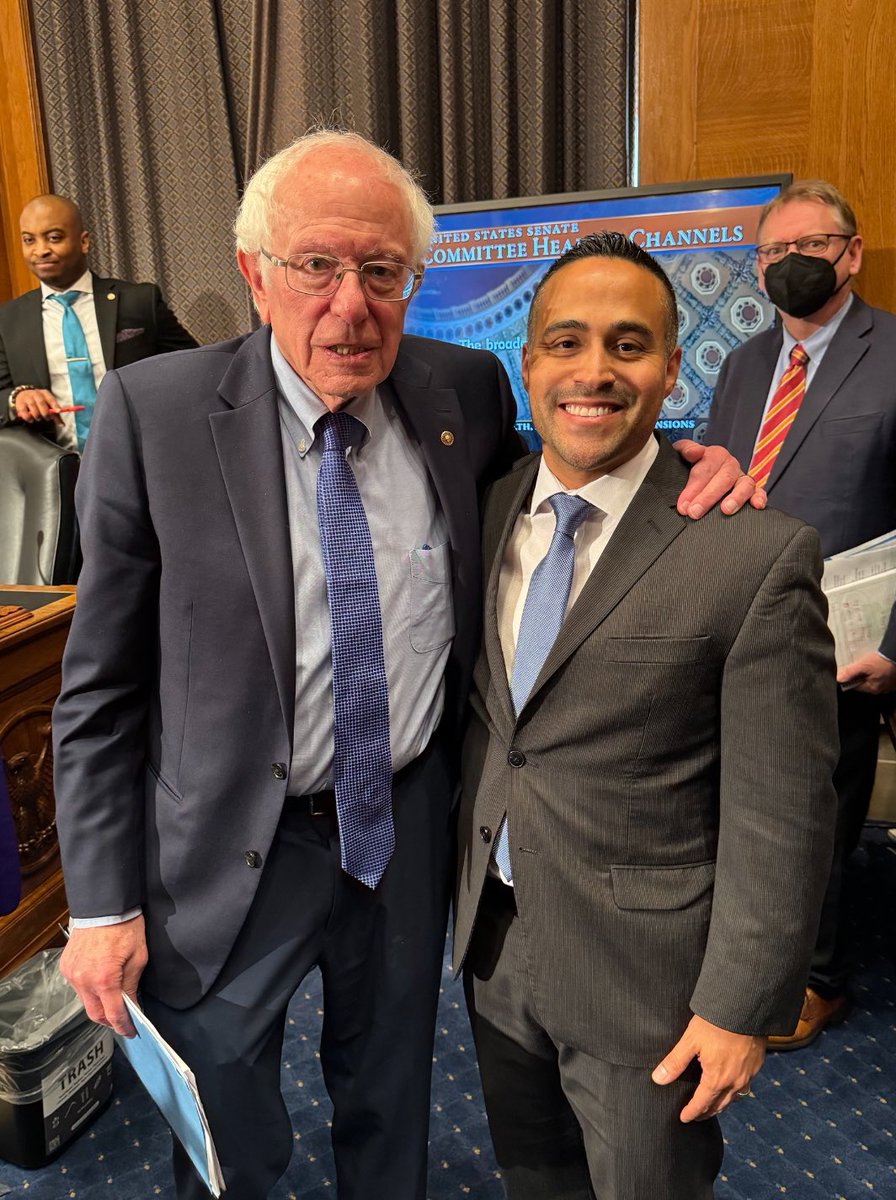
aL'Ai alvarez, MD
@alvarezzzy
Well-Being Director|Co-Chair, Human Potential Team|#EMWellness @StanfordEMED•#selfcompassion•#doctorsarehumanstoo•#DEI🏳️🌈•#HPRT|@SUBiodesign fellow|•ex-🌲APD
ID:1197989545
https://profiles.stanford.edu/alvarezzzy 19-02-2013 16:54:24
38,8K Tweets
3,9K Followers
1,3K Following


'Conversation is the communal air we breathe'. A summary & sketchnote of 'Supercommunicators' - a new book by Charles Duhigg. It sets out why some people ('supercommunicators') are able to connect with others, build consensus & influence people to join them. He suggests this can be…
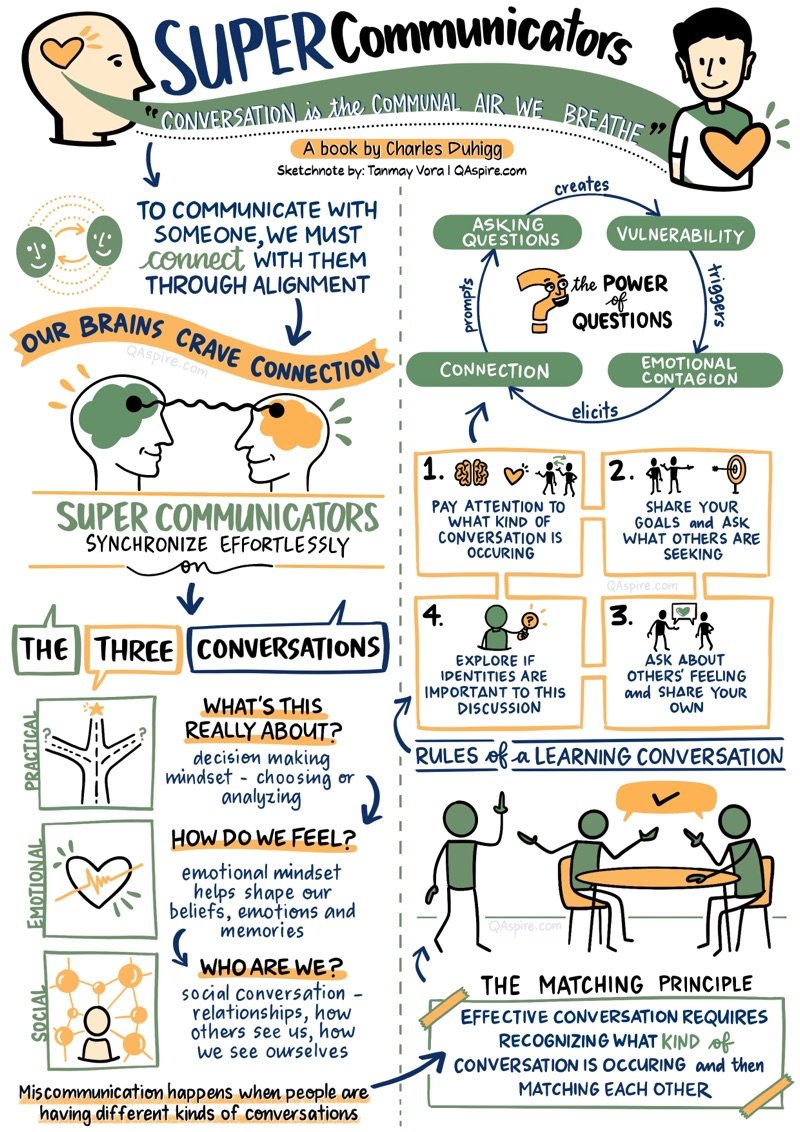

As you gear up for #SAEM24 , our StanfordEM attendings offer guidelines and tips for juggling the weight of lactation and professional traveling:
ow.ly/crA550RnqHW
#EMwellness Ash Rider, MD MEHP
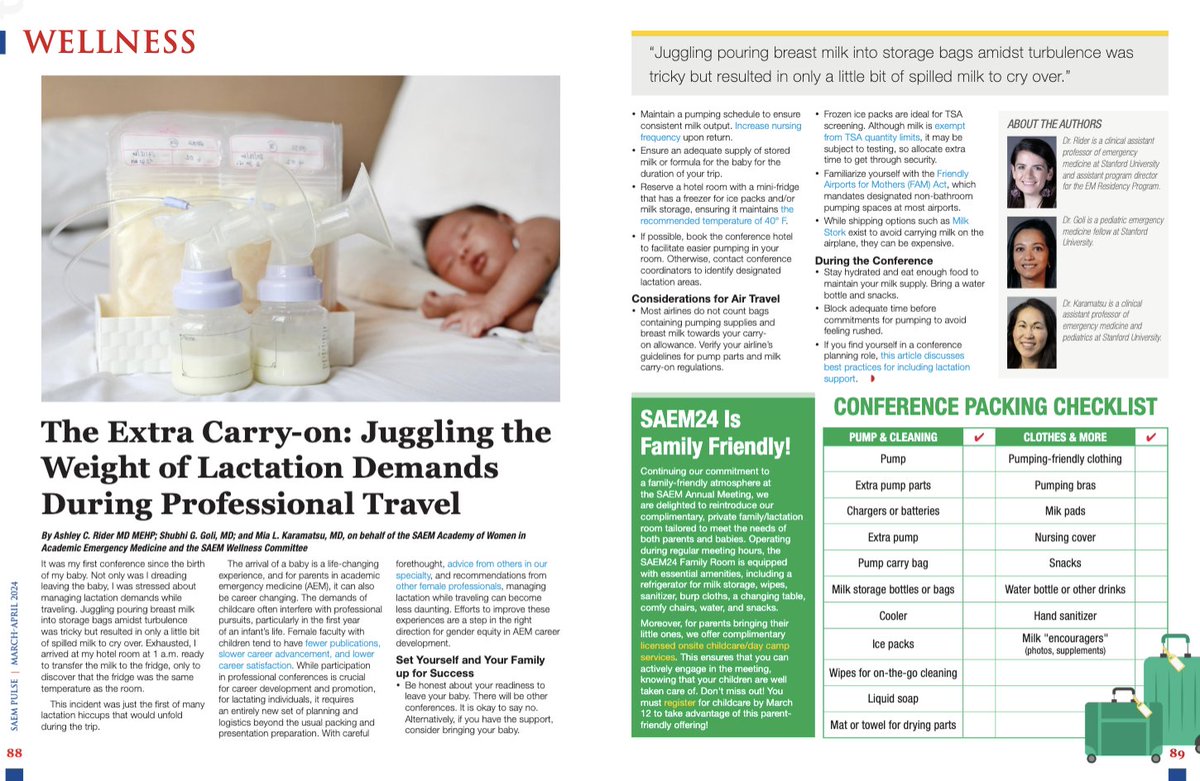



I gave #EmergencyMedicine everything I had for a decade.
Hundreds of publications, recordings, and lectures. Countless hours of study, scholarly work, and struggle.
Here’s the most important thing I learned.

Congratulations to Lahia Yemane, MD for her research that was recognized as a Top Article in Medical Education at #PAS2024 ! Stanford Pediatrics Stanford Peds Chiefs
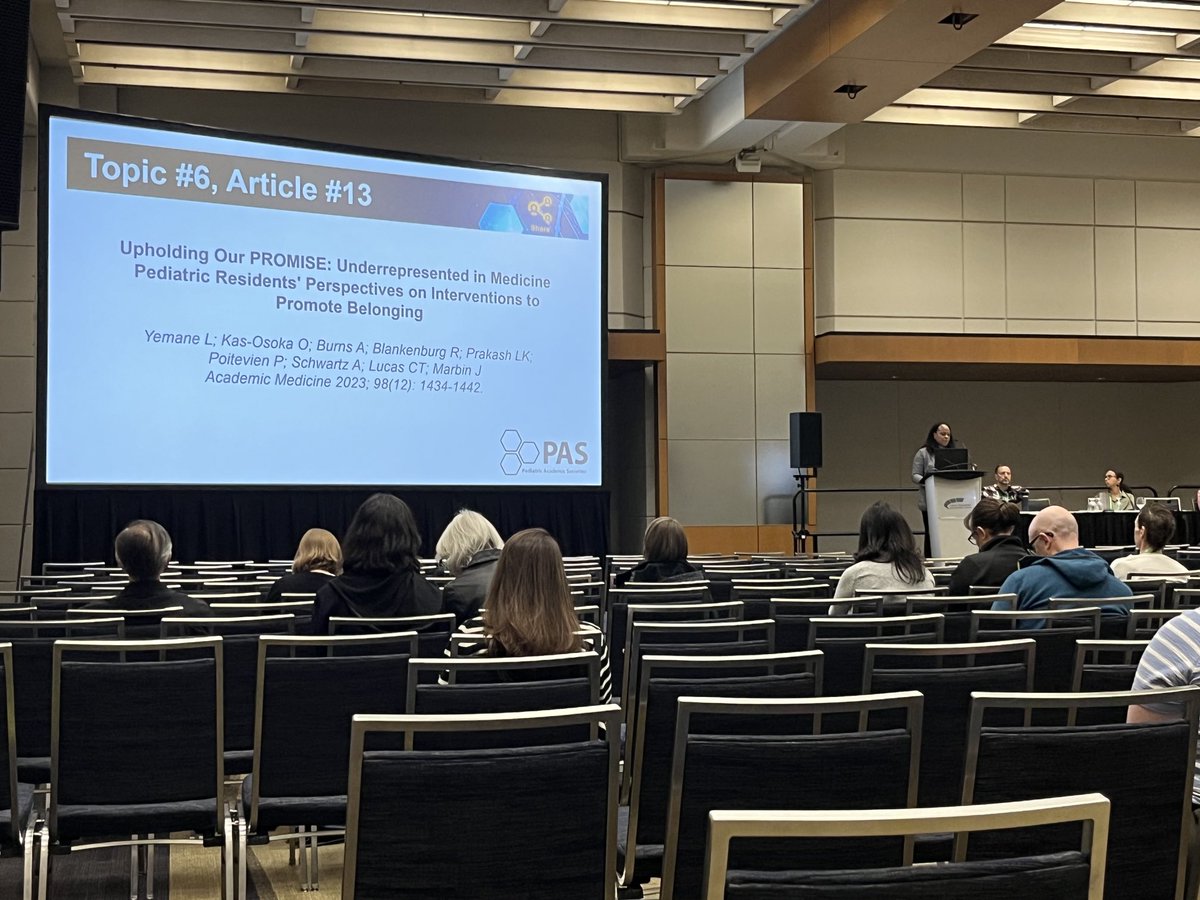






'The honest answer to 'How are you?' is more than one word.
Each day offers a tapestry of emotions. Every life has highlights & heartaches. They don't just average out to 'okay.'
#Mentalhealth is complex. No one should be forced to reduce their well-being to a single feeling.'
